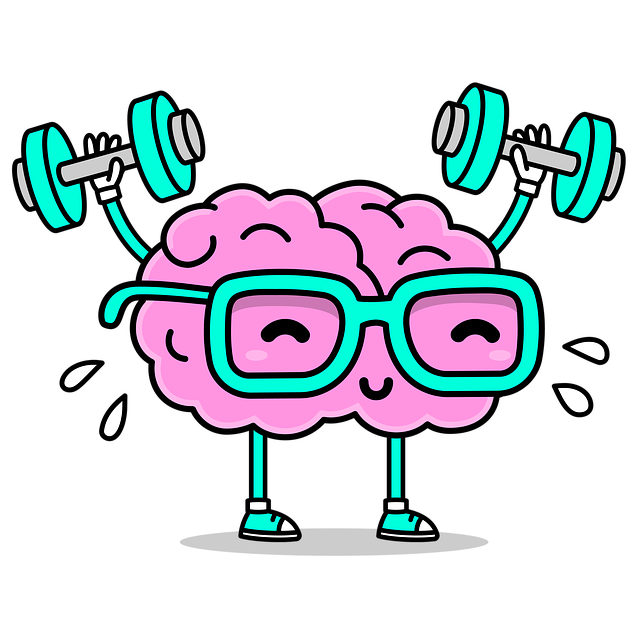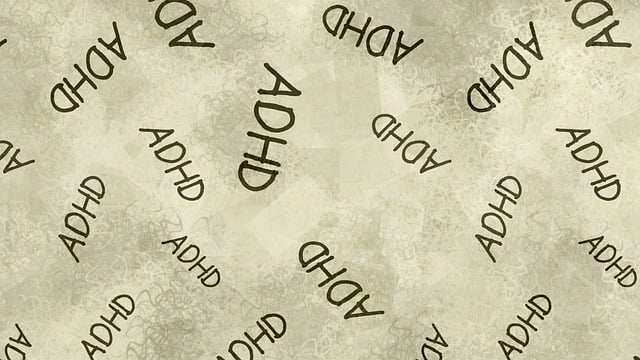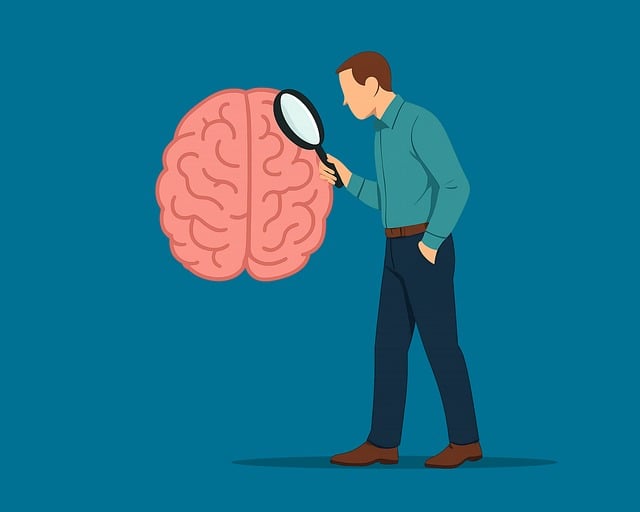Emotional intelligence (EI), crucial for personal growth and communication, involves managing one's emotions and understanding others'. Services like Littleton Depression Therapy emphasize self-awareness exercises, journaling, and coping mechanisms to enhance EI. Through these techniques, individuals gain control over their emotions, improve relationships, and boost mental wellness. Cultivating empathy and building resilience through compassion are key components, offering powerful tools for stress management and trauma support.
Emotional intelligence (EI) is a powerful tool for navigating life’s challenges, fostering meaningful connections, and enhancing overall well-being. This article delves into the intricacies of EI, exploring its profound impact on mental health and offering practical strategies to boost your emotional resilience. From understanding your emotions to cultivating empathy, we provide a step-by-step guide to help you thrive. Learn how to manage stress, overcome Littleton Depression Therapy hurdles, and build a stronger, more resilient mind.
- Understanding Emotional Intelligence and its Impact on Mental Health
- Identifying and Managing Your Emotions: A Step-by-Step Guide
- Enhancing Self-Awareness: The Foundation of Emotional Intelligence
- Developing Empathy: Walking in Another's Shoes
- Practical Strategies for Building Resilience and Overcoming Littleton Depression
Understanding Emotional Intelligence and its Impact on Mental Health

Emotional intelligence (EI) refers to a person’s ability to recognize, understand, and manage their own emotions, as well as recognize, understand, and influence the emotions of others. This crucial skillset goes beyond mere empathy; it empowers individuals to navigate complex interpersonal relationships, make thoughtful decisions, and adapt to challenging situations effectively. By fostering EI, one can significantly enhance their overall well-being and mental health.
For instance, individuals with high emotional intelligence are better equipped to handle stress and emotions like anxiety or depression, which are common issues in today’s fast-paced world. Littleton Depression Therapy, for example, often emphasizes EI development as a vital component of treatment. Through improving self-esteem, learning conflict resolution techniques, and engaging in mental illness stigma reduction efforts, individuals can gain a deeper understanding of their emotions, leading to improved emotional regulation and overall mental health.
Identifying and Managing Your Emotions: A Step-by-Step Guide

Identifying and managing your emotions is a crucial aspect of emotional intelligence development, often aided by professional support like Littleton Depression Therapy. Start by becoming aware of your emotional triggers. Keep a journal to track feelings and associated events, helping you recognize patterns and identify specific situations that evoke strong reactions. Once identified, challenge your initial responses. Take a step back to assess the intensity of the emotion and consider alternative perspectives. This process allows for more thoughtful reactions rather than impulsive decisions.
Next, develop healthy coping mechanisms. Engage in self-care practices such as regular exercise, mindfulness meditation, or creative outlets to manage stress and anxiety relief. Consider enrolling in Mental Wellness Coaching Programs that offer tailored strategies for emotional regulation. By combining these techniques, you can gain better control over your emotions, fostering a sense of balance and overall mental wellness.
Enhancing Self-Awareness: The Foundation of Emotional Intelligence

Emotional intelligence, a powerful tool for personal growth and effective communication, begins with self-awareness—a cornerstone that forms the foundation of its development. This involves recognizing and understanding one’s emotions, strengths, weaknesses, and how they impact interactions with others. At Littleton Depression Therapy, we emphasize the vital role of self-awareness in cultivating emotional intelligence, enabling individuals to navigate complex social dynamics with increased confidence and sensitivity.
Self-Awareness Exercises play a significant part in this process, offering practical methods to enhance one’s connection with their inner world. By practicing these exercises regularly, individuals can learn to identify emotional triggers, gain deeper insights into their behaviors, and develop strategies for managing challenging situations. This increased self-awareness not only benefits personal relationships but also contributes to overall mental health and well-being, as evidenced through various studies in Mental Health Policy Analysis and Advocacy. Furthermore, it paves the way for effective Social Skills Training, where individuals learn to interpret non-verbal cues, empathize with others, and foster meaningful connections, thereby enriching both personal and professional lives.
Developing Empathy: Walking in Another's Shoes

Developing empathy is a cornerstone of emotional intelligence, encouraging individuals to step into another’s shoes and understand their perspective. This skill is cultivated through active listening and observing non-verbal cues. By doing so, one can recognize and validate another’s emotions, fostering deeper connections and enhancing interpersonal relationships. At Littleton Depression Therapy, our experts guide individuals in building empathy, which serves as a powerful tool for stress management and confidence boosting.
Empathy allows us to break down barriers and overcome biases, creating an environment conducive to trauma support services. When we genuinely attempt to comprehend someone else’s experiences, it strengthens our bonds and promotes a sense of unity. This ability is not only beneficial in personal relationships but also plays a pivotal role in leadership, negotiation, and resolving conflicts, making it an essential aspect of emotional intelligence development.
Practical Strategies for Building Resilience and Overcoming Littleton Depression

Building resilience is a key component of emotional intelligence and can be a powerful tool in overcoming challenges like Littleton Depression. One effective strategy is to incorporate compassion cultivation practices into daily routines. This involves cultivating self-compassion, which means treating yourself with kindness and understanding during difficult times, just as you would a good friend. Mindfulness meditation, often used in Littleton Depression therapy, can help individuals focus on the present moment, reduce rumination, and increase emotional awareness.
Additionally, fostering strong social connections and support networks is vital for resilience. Engaging in open conversations about mental health and reaching out to loved ones can provide a sense of belonging and understanding. Burnout prevention techniques, such as setting boundaries, prioritizing self-care, and managing stress effectively, are also essential practices that contribute to emotional intelligence. By combining these approaches, individuals can enhance their ability to navigate and overcome periods of low mood, fostering a more balanced and resilient mindset.
Emotional intelligence is a powerful tool for enhancing mental well-being. By understanding and managing our emotions, cultivating self-awareness, practicing empathy, and building resilience, we can significantly improve our lives. The strategies outlined in this article, including step-by-step guides and practical tips, empower individuals to navigate challenges like Littleton Depression Therapy with greater ease. Investing time in developing emotional intelligence is an investment in a happier, healthier future.














